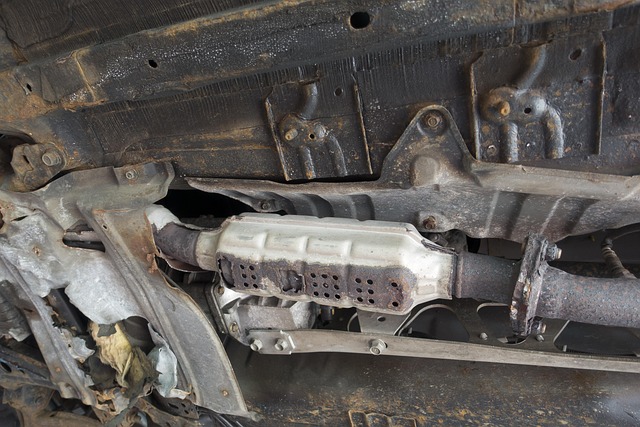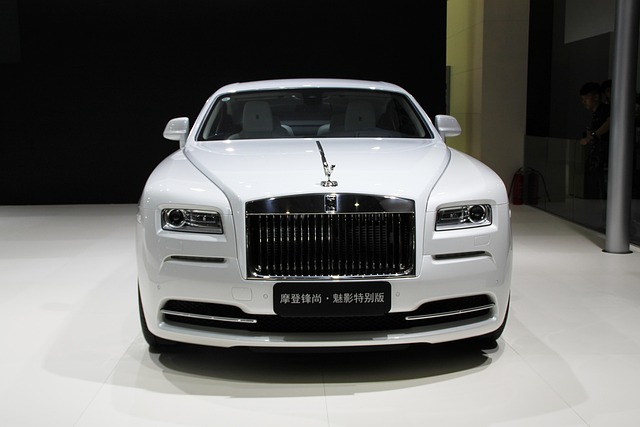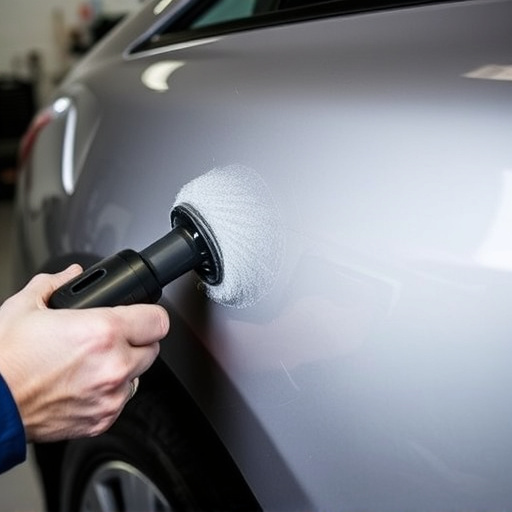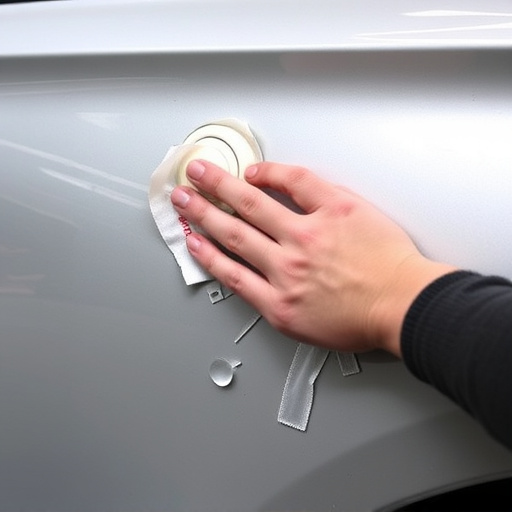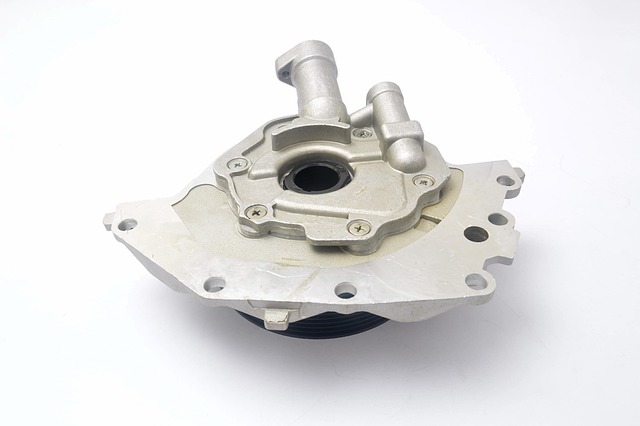Rental car insurance coverage protects drivers against various incidents like accidents, collisions, theft, and natural disasters. It offers liability, collision, and comprehensive options, with personal auto policies determining necessity. Comparison shopping among insurers is key, considering deductibles and limits, to find suitable basic or comprehensive coverage based on financial status and driving history.
Is opting for additional rental car insurance worth your while? With varying levels of coverage available, understanding what’s included and when it pays off is crucial. This guide breaks down the fundamentals of rental car insurance, explores real-world scenarios where it can save you money, and offers strategic tips for comparing policies to find the best fit. By the end, you’ll be equipped to make an informed decision about this often-overlooked expense.
- Understanding Rental Car Insurance Coverage Basics
- Common Scenarios Where Rental Car Insurance Saves Money
- Comparing Policies: Your Best Course of Action
Understanding Rental Car Insurance Coverage Basics

Rental car insurance coverage is designed to protect drivers from financial burden in case of an accident while renting a vehicle. It offers several types of protection, each catering to different needs. The basics typically include liability coverage, which pays for damages caused to others’ property or injuries, up to specific limits. Collision insurance covers the cost of repairs or replacement if you’re at fault in an accident, including situations like a fender bender with another vehicle or hitting a stationary object. Comprehensive insurance is designed to protect against non-collision damage, such as theft, vandalism, or natural disasters, and can include coverage for things like a broken windshield.
Understanding these options is crucial when deciding if rental car insurance is worth the extra cost. While it provides valuable protection, it’s essential to consider your personal auto insurance policy and whether it offers similar benefits. If you already have comprehensive or collision coverage under your own policy, you may not need to pay for additional rental car insurance. Conversely, if you only have liability coverage, adding collision or comprehensive could be wise to safeguard against unexpected expenses, especially when renting high-value vehicles like a Mercedes Benz, which can incur significant auto body shop repair costs in case of an incident.
Common Scenarios Where Rental Car Insurance Saves Money

In many cases, rental car insurance coverage can prove invaluable for travelers and everyday drivers alike. Consider common scenarios where this additional protection makes financial sense:
1. Accidents or Collisions: If you’re involved in an accident while renting a vehicle, your personal auto insurance might not cover the damages to the rental car, especially if it’s considered non-proprietary. Rental car insurance steps in to help with these costs, which can be significant, including repairs for both the car and any associated automotive repair or car paint repair needed.
2. Theft or Damage from Natural Disasters: Renting a vehicle opens you up to potential risks like theft or damage caused by unpredictable events. Rental car insurance provides coverage for such incidents, ensuring that you don’t have to bear the cost of replacing or repairing the vehicle if it’s stolen or damaged beyond repair, including any necessary car damage repair. This is especially crucial when traveling to regions prone to natural disasters.
Comparing Policies: Your Best Course of Action

When considering whether rental car insurance coverage is worth the extra cost, comparing policies should be your first step. Start by reviewing the basics – liability, collision, and comprehensive – offered by both your personal auto insurer and the rental company. Many credit card companies also provide some level of rental car insurance as an added benefit, so check with your card issuer as well.
Don’t forget to scrutinize the deductibles and coverage limits. While a lower premium might be tempting, a high deductible could leave you financially vulnerable in case of damage to the vehicle bodywork or even minor repairs like car paint repair. Assess your financial situation and driving history to determine if the standard coverage provided by your insurance or the rental company is adequate. If you have a clean driving record and can comfortably cover a higher deductible, opting for a more basic policy could save you money. However, if you’re prone to accidents or value your peace of mind, consider upgrading to a comprehensive plan that covers car restoration among other repairs, ensuring you’re protected against unexpected costs.
When deciding whether to purchase additional rental car insurance, understanding the basics and comparing policies is key. While optional, rental car insurance coverage can save you money in unexpected scenarios, ensuring peace of mind while on the road. By evaluating your needs and weighing the costs, you can make an informed decision that best suits your travel plans, allowing you to focus on enjoying your trip without financial worries.
